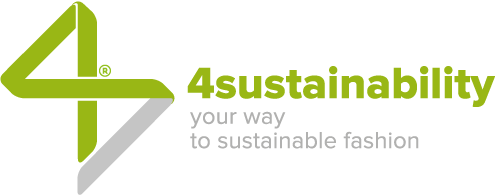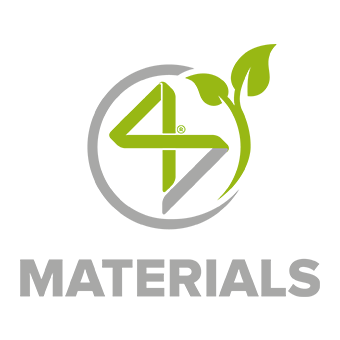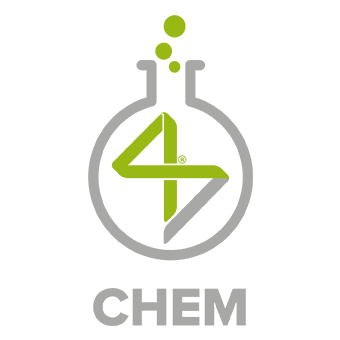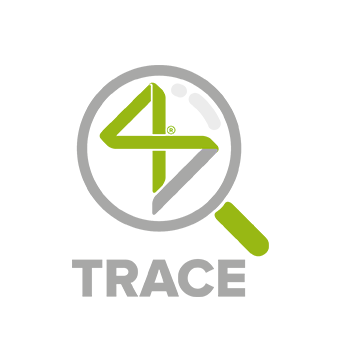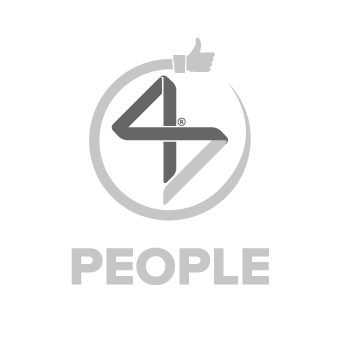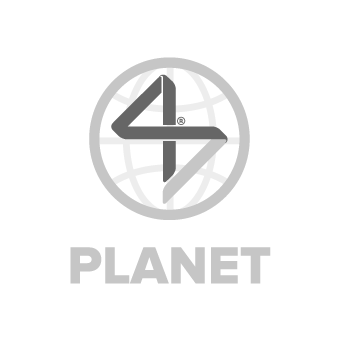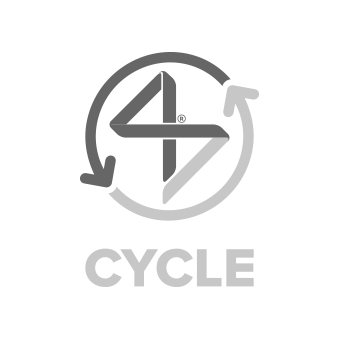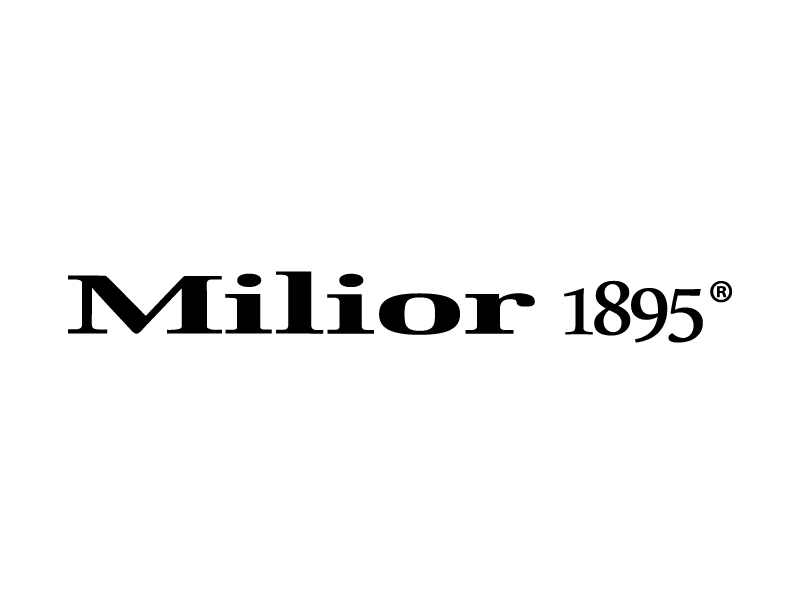
MiliorID Nr. 4S-100629e-report version 3.0
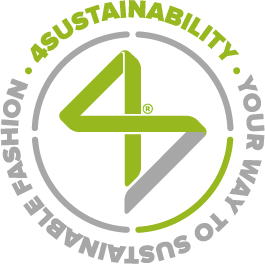
Milior is a leading company and an integral part of the Prato textile district. Founded in 1895, Milior produces a full range of products, accompanying the various collections over the years with innovative approaches and continuous research into new materials and finishes. Milior, in addition to pursuing the goals of research and innovation, has adapted its production to the new standards of sustainability, acquiring the most important certifications and producing eco-sustainable fabrics meeting the requirements of sustainable and circular production.
milior.com
4SUSTAINABILITY® COMMITMENT
Growth and sustainability are the factors for which we want to stand out, founding our strategy on the belief that ethical approach should characterize our business model. We firmly believe there cannot be a long-term economic development without a social and environmental development.
Inspired to and aligned with the Sustainable Development Goals set by the United Nations in the 2030 Agenda (SDGs), we’re committed to contributing to the generation of global positive change, assuming a clear environmental and social responsibility.
We do it concretely by joining the 4sustainability® roadmap, making the values and action programs it embodies our own, committing ourselves to starting a virtuous change journey in our business model, through one or more initiatives that we tell in this e-report.
this initiative contributes to the following main UN Sustainable Development Goals
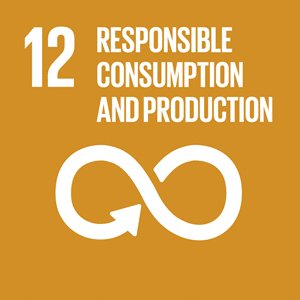
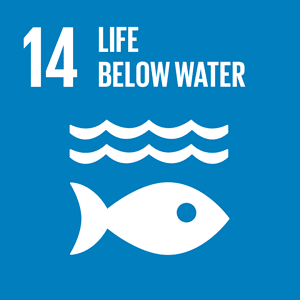
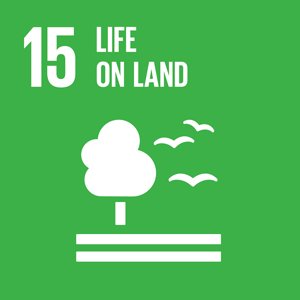
DATA REFERENCE PERIOD
from 01/01/2023 to 31/12/2023
LAST ISSUE DATE
01/08/2024
IMPLEMENTATION LEVEL
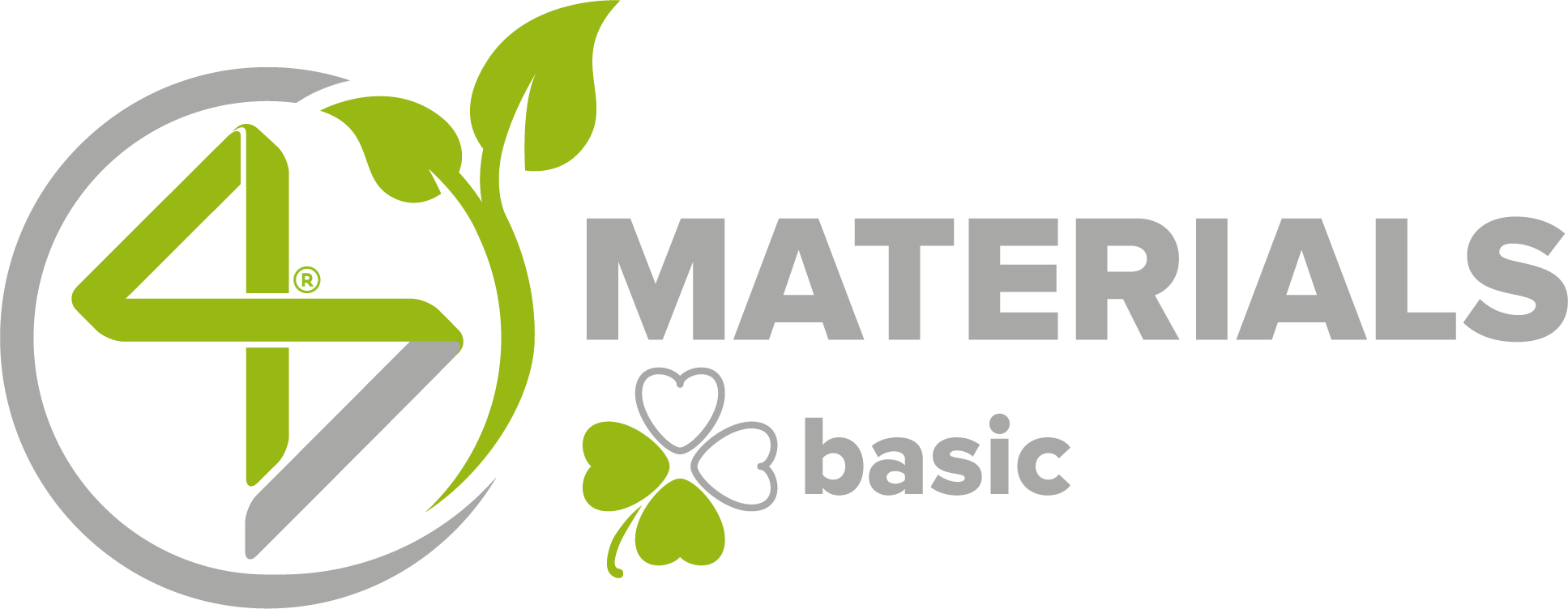
the implementation level is defined after the assurance process following the achievement of the protocol’s minimum requirements and is reviewed annually
The company has completed one or more certification processes, but the relating trademarks cannot be published yet.
3%
percentage of preferred materials sourced
INPUT
The input percentage indicates the proportion of raw materials with recognized sustainability attributes. The calculation is performed by mapping the purchases made during the year and highlighting the share-volume of the sustainable ones based on the positive attributes as defined in the 4s Materials Library.
BREAKDOWN OF PREFERRED MATERIALS BY TYPE OF FIBRE
6%
Percentage of traceability knowledge information about raw material
KNOWLEDGE OF TRACEABILITY INFORMATION ABOUT RAW MATERIALS
The percentage represents the extent of information on raw material, including origin country, recycling method (for recycled fibers), and sector. It’s calculated by comparing the volume of raw materials with complete information to the total purchased volume.
SUSTAINABLE PACKAGING
The sustainable packaging indicates the amount of primary or secondary packaging material for which the producer employed techniques and input factors that lead to an improvement in environmental performance.
100%
percentage of incoming sustainable packaging
N/A%
the percentage indicates the detail of the kg or meters processed internally by the company compared to the total internal production
elimination of toxic and harmful chemicals from production cycles in line with the ZDHC Roadmap to Zero Programme
this initiative contributes to the following main UN Sustainable Development Goals

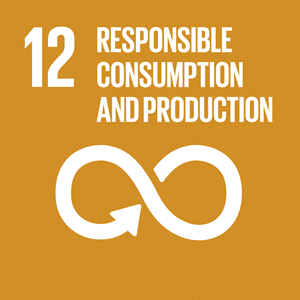

a report abstract will be available for download after the assurance is carried out
IMPLEMENTATION LEVEL
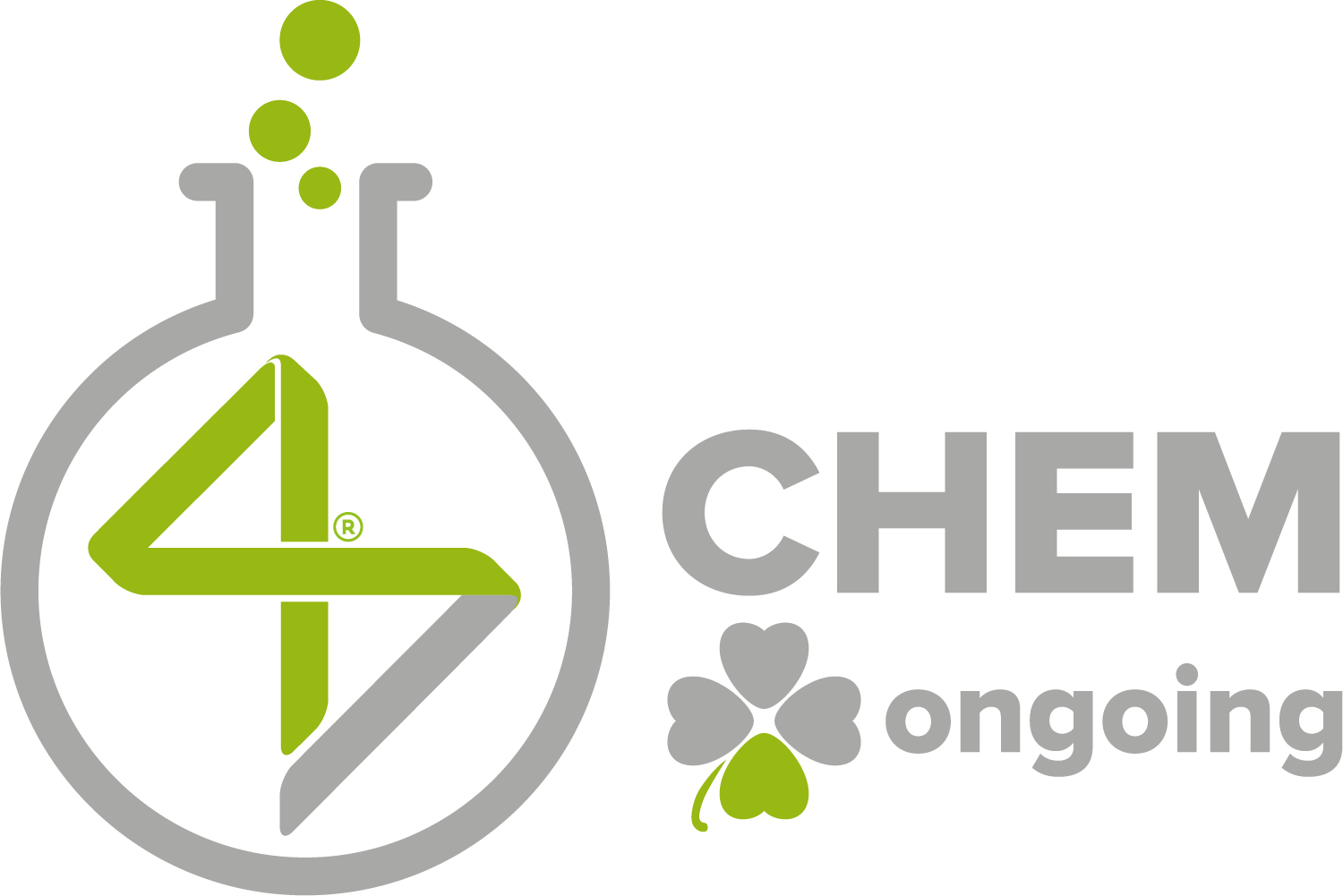
the implementation level is defined after the assurance process following the achievement of the protocol’s minimum requirements and is reviewed annually
this initiative contributes to the following main UN Sustainable Development Goals


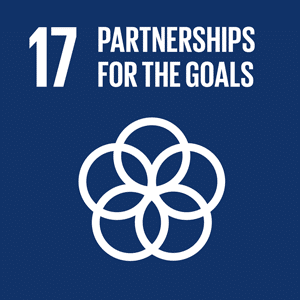
DATA REFERENCE PERIOD
from 01/01/2023 to 31/12/2023
LAST ISSUE DATE
27/05/2024
IMPLEMENTATION LEVEL
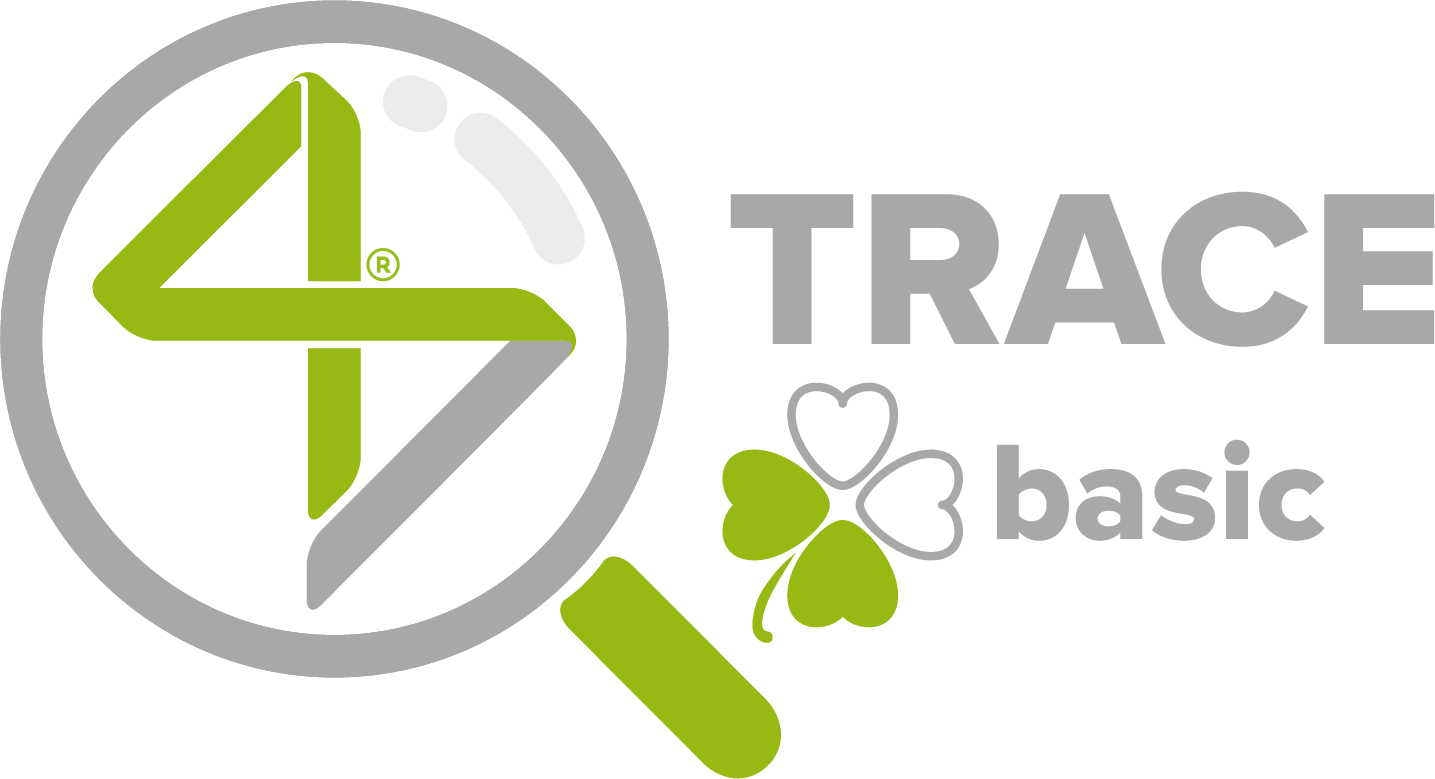
the implementation level is defined after the assurance process following the achievement of the protocol’s minimum requirements and is reviewed annually
The company has implemented a track & trace management system. If there are outsourced processes and raw materials purchases, the company has also involved its suppliers on sustainability performances data collection, implementing a rating system to push them towards continuous improvement.
ENGAGEMENTBY CATEGORY OF SUPPLIERS
SUPPLIERS INVOLVEDon all issues of environmental and social sustainability
10%
percentage of suppliers involved in the implementation process on the total number of mapped suppliers
RAW MATERIAL SUPPLIERSASSESSED
11%
percentage of suppliers whose data have been collected
RAW MATERIAL SUPPLIERS' RATING
PROCESS SUPPLIERS' RATING
PROCESS SUPPLIERSASSESSED
10%
percentage of suppliers whose data have been collected
